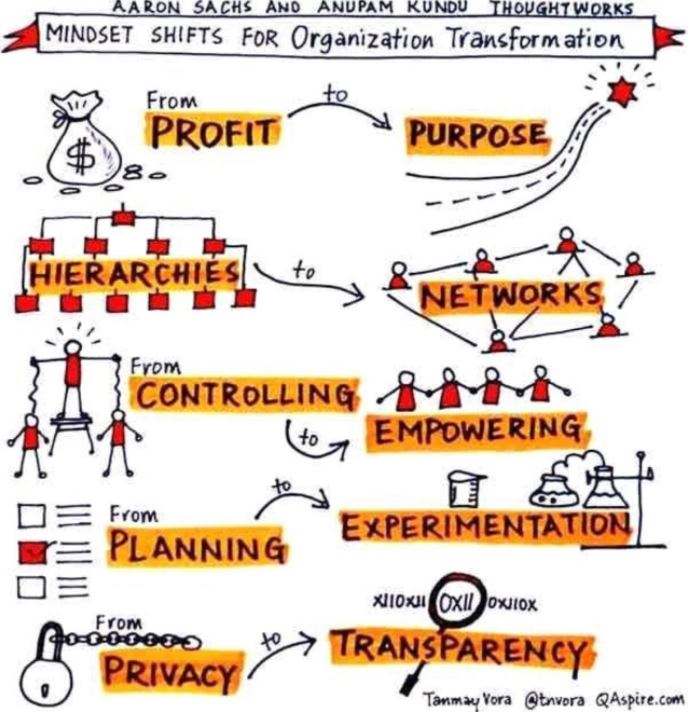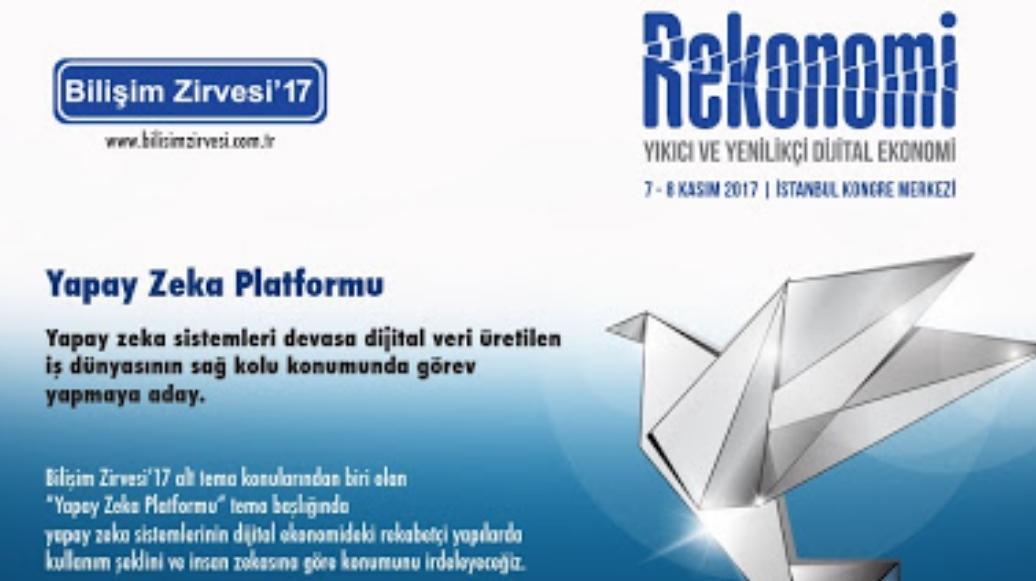This is a great article about Jake Winebaum, he is a serial enterpreneur and explains the secrets of successful business: Perseverance
People who have started multiple businesses understand how to move swiftly and take action. Jake Winebaum weighs in on the art of serial entrepreneurship.
Jake Winebaum is a builder. The New Hampshire-born serial entrepreneur has launched nearly a dozen businesses, from fishing companies to Web start-ups. He’s perhaps most well known for co-founding Business.comin 1999—and selling it eight years later for $345 million. In May, Winebaum launched his most recent venture,Brighter, an online marketplace for people to find dentists and for dentists to find patients.
Many entrepreneurs struggle to launch and run just one company, which begs an obvious question: How does Winebaum do it? In a conversation with Inc.com‘s Eric Markowitz, the Dartmouth graduate explains how he approaches new ideas, explores the market, and takes action to start the business.
When did your experience with entrepreneurism start?
During college I worked on a commercial fishing boat off the New Hampshire coast. I took a year off to start a fishing company called Same Day Fish Company. We sold fish to supermarkets in northern New England. The innovation was that we’d always deliver fish within 24 hours. It was completely fresh and the restaurants could keep the fish for longer. It was a great business, but it was a brutal business. To get the fish to them within 24 hours basically meant working 24 hours a day.
After that, I worked at Time Inc. for Fortune magazine, and basically came up with ideas for new magazines. From there, I moved to U.S. News & World Report,where I kept coming up with new ideas.
When did you segue out of the corporate world?
I decided to leave corporate life when I startedFamilyFun, a magazine that was acquired by Disney. The magazine was kind of a reflection of how I grew up in New Hampshire, which was doing really interesting things with my family—skiing, hiking, fishing, etc.
You’ve also launched an incubator, eCompanies, that’s responsible for a number of successful companies. So how do you approach new ideas for businesses?
I’m definitely not the MBA-type where I start with the market then figure out the idea. It always starts with an idea that’s usually a reflection on experiences I’m having. The fishing business came out of working on a fishing boat—the fish that we caught were sold at auction, processed, sold to a wholesaler, then trucked back up to the restaurant. That whole process took a couple of days and passed through four or five hands. So we thought, ‘Why don’t we just process it here and bypass the chain and deliver a better product faster?’
For FamilyFun, we were about to have a child, and we were obviously thinking about parenting. I was in the magazine business at the time, and none of the magazines really spoke to us. After researching the market, I realized there was an open market for parents of older children that wasn’t being served. But I had literally a dozen to 20 magazine ideas prior to FamilyFun, none of which withstood extended investigation and scrutiny.
How do you know if your idea is any good?
The real test for me is if the idea builds momentum the more time you spend with it. I’m a big believer that you have to spend a lot of time with an idea. Good ideas get stronger the more you work on them. You begin to lose interest in weak ideas.
I’ve also gotten to the point where I view that ideas are relatively cheap. Having an idea alone is not what makes a successful company. You need to have a great idea, great timing, and the most important piece: sufficient capital. The idea will need multiple iterations, and that takes time and money.
So how did you come up with the idea for Brighter?
I was at dinner with my in-laws. The conversation turned to health issues, and my father-in-law had just come back from the dentist. He’s retired and on Medicare, and the dentist told him he needed three crowns and it was going to be $6,500 for those crowns. He didn’t have insurance and he had no idea if that was a good price. I did research. I learned that the dental section is a huge category in the yellow pages. Dentists are always looking for new patients and it’s very hard for them to find places where they can advertise and get new clients. I began researching, and realized my father-in-law was not alone in not having dental insurance. Fifty percent of Americans don’t have dental insurance and Americans are spending $45 billion a year without price information. They’re basically going into the dentist completely blind. To me, I said this looks like an interesting area.
So it’s been pretty consistent with all of my different start-ups. I experience something, I think there’s a better way to do it, I come up with an idea around the better way to do it, and then I see if there’s truly a market for that thing. Then I build a team and we create it.
What’s the most important character trait for a serial entrepreneur?
One of the most important characteristics is perseverance. Business.com, for example, went through three different iterations before it found its way. It looked very hopeless for a number of years where we didn’t know what the business was and we couldn’t figure it out. We finally figured it out and it took off. And that was in its third year of existence! Had we not persevered or had we not had sufficient capital or a loyal team, we would not have succeeded.
How long do you give a company before you give up and move on?
Companies like Groupon are exceptionally rare. Most successful companies don’t hit their stride for a few years, and they scrape the bottom for a number of years. I think people give up too soon. Sometimes the original idea doesn’t work, and they don’t pivot quickly enough. The most important thing is to not give up, be nimble, and say ‘That approach didn’t work, but let’s try something different.’ Other than FamilyFun, almost everything else I’ve gone through has gone through multiple iterations, and some very scary near-death experiences.


